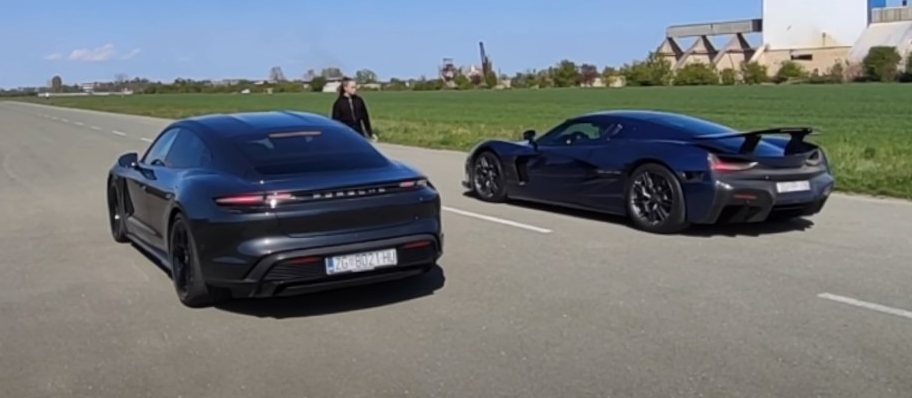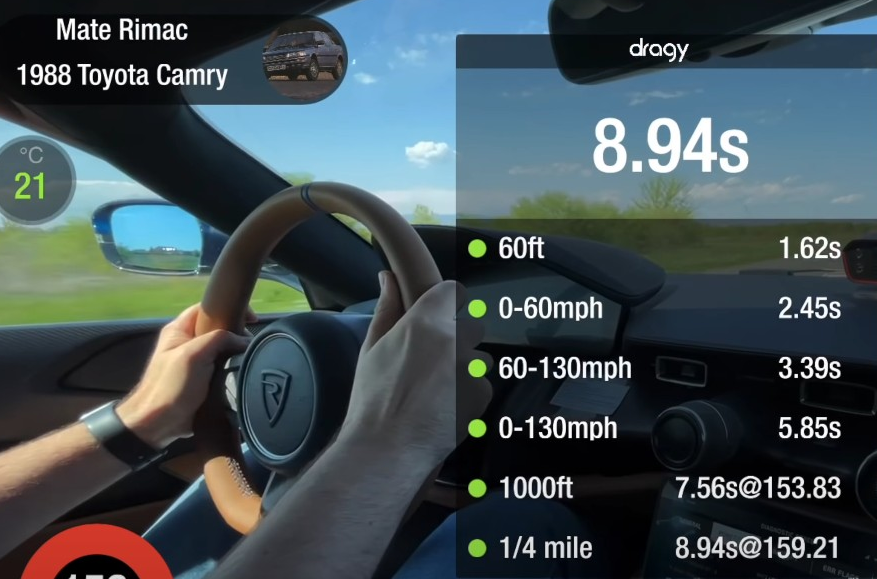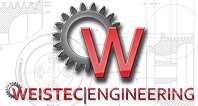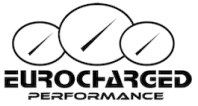
That is a lot of money. A lot of money for a working product. The Rimac C_Two is a long promised Croatian EV hypercar that will be over $2 million dollars and very limited.
Rimac targeting Porsche certainly gets press and views but the only thing these two cars have in common is that they are EV's.
Yes, the Rimac is fast:

60-130 in 3.39 seconds is no joke.
Impressive? Sure. Until a turbocharged Coyote Mustang blows the Rimac's doors off for a fraction of the price.














vBulletin Message